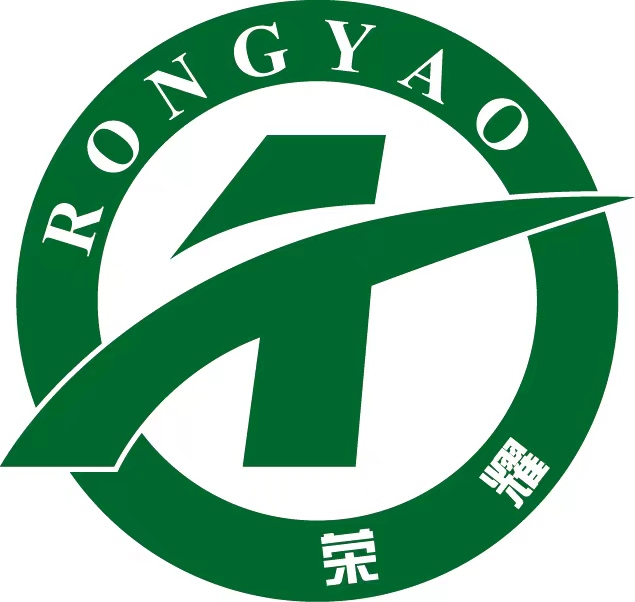
 Audited Supplier
Audited Supplier
In This Store
Category:Active Pharmaceutical Ingredients > Other Anti-Infective Drug
Product Name:Florfenicol
CAS No.:73231-34-2
Standard:ChP, USP, BP, EP, JP, In-house Standards, IP, Ph. Int
Price(USD):Negotiable
Company:ZHEJIANG RONGYAO BIOTECH CO.,LTD.
Grade: Pharmaceutical Grade
Factory Location: Zhejiang, China
Main Sales Markets: North America,Central/South America,Western Europe,Eastern Europe,Australasia,Asia,Middle East,Africa
Sample Provided: yes
Florfenicol CAS 73231-34-2 is a monofluoro derivative of artificially synthesized thiamethoxazole, appearing as a white or grayish white crystalline powder, odorless, extremely soluble in water and chloroform, slightly soluble in glacial acetic acid, and soluble in methanol and ethanol. It is a new broad-spectrum veterinary specific chloramphenicol antibiotic that was successfully developed in the late 1980s.
Florfenicol CAS 73231-34-2 is a common veterinary antibiotic that can treat respiratory diseases in cattle. It can be used in aquaculture to control intestinal sepsis in catfish and induce early embryonic death in eggs, with an LC50 value of 1.07 μg/g.
It was first marketed in Japan in 1990, approved by Norway in 1993 for the treatment of salmon boils, and approved in France, the United Kingdom, Austria, Mexico, and Spain in 1995 for the treatment of bacterial respiratory diseases in cattle. It has also been approved as a feed additive for pigs in Japan and Mexico to prevent and treat bacterial diseases in pigs. China has now approved the drug.
Florfenicol CAS 73231-34-2 was initially mainly used in aquaculture for the treatment of Pseudomonas aeruginosa and Streptococcosis in yellow tail fish, as well as the significant effect of natural outbreaks of Atlantic salmon furuncle disease.
Florfenicol CAS 73231-34-2 is an antibiotic drug that produces broad-spectrum antibacterial effects by inhibiting peptidyltransferase activity. It has a wide antibacterial spectrum, including various Gram positive and negative bacteria, as well as mycoplasma. Sensitive bacteria include Haemophilus, Shigella dysentery, Salmonella, Escherichia coli, Pneumococcus, Influenza, Streptococcus, Staphylococcus aureus, Chlamydia, Leptospira, and Rickettsia in cattle and pigs. This product can diffuse into bacterial cells through fat solubility and mainly acts on the 50s subunit of the 70s ribosome of bacteria, inhibiting transpeptidase and hindering the growth of peptidase, inhibiting the formation of peptide chains, thereby preventing protein synthesis and achieving antibacterial purposes. This product has rapid oral absorption, wide distribution, long half-life, high blood drug concentration, and long blood drug maintenance time.
Florfenicol CAS 73231-34-2 inhibits peptide chain extension by tightly binding to the 50S subunit on bacterial ribosomes, hindering the transpeptidyl transferase conversion reaction; Simultaneously selectively acting on the receptors of the 70S nucleosome that make up the bacterial cell, altering and interfering with the function of peptidyltransferase, thereby double interfering with the synthesis of bacterial proteins. Antibiotic drugs produce broad-spectrum antibacterial effects by inhibiting peptidyltransferase activity, with a wide antibacterial spectrum, including various Gram positive, negative bacteria, and mycoplasma. Sensitive bacteria include Haemophilus, Shigella dysentery, Salmonella, Escherichia coli, Pneumococcus, Influenza, Streptococcus, Staphylococcus aureus, Chlamydia, Leptospira, and Rickettsia in cattle and pigs.

Contact Us
Tel: (+86) 400 610 1188
WhatsApp/Telegram/Wechat: +86 13621645194
Follow Us:




 Pharma Sources Insight January 2025
Pharma Sources Insight January 2025


